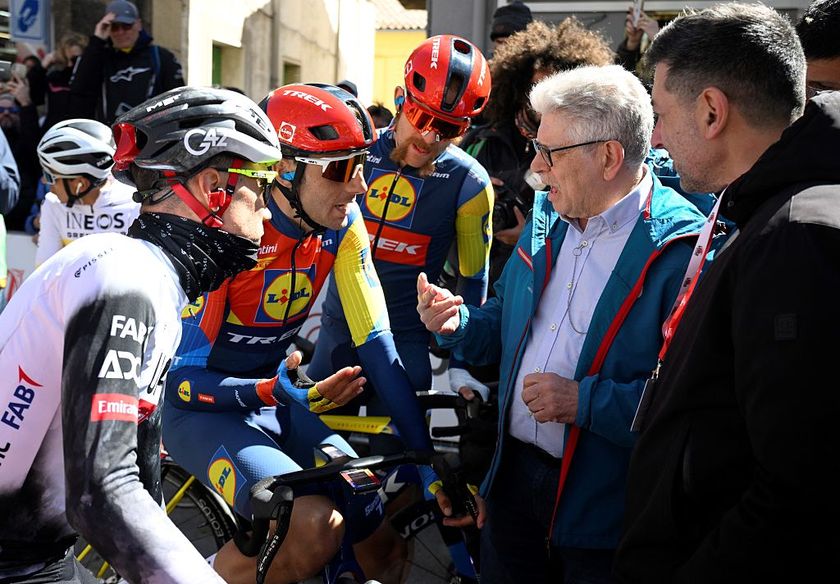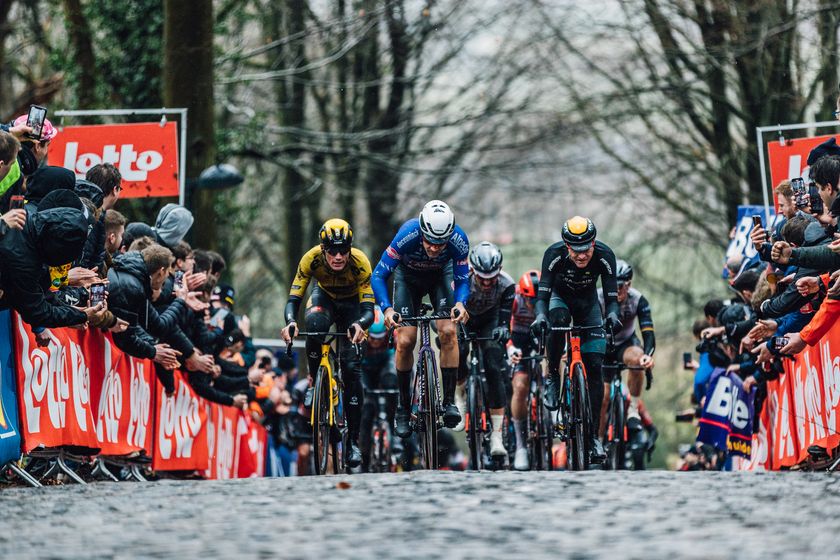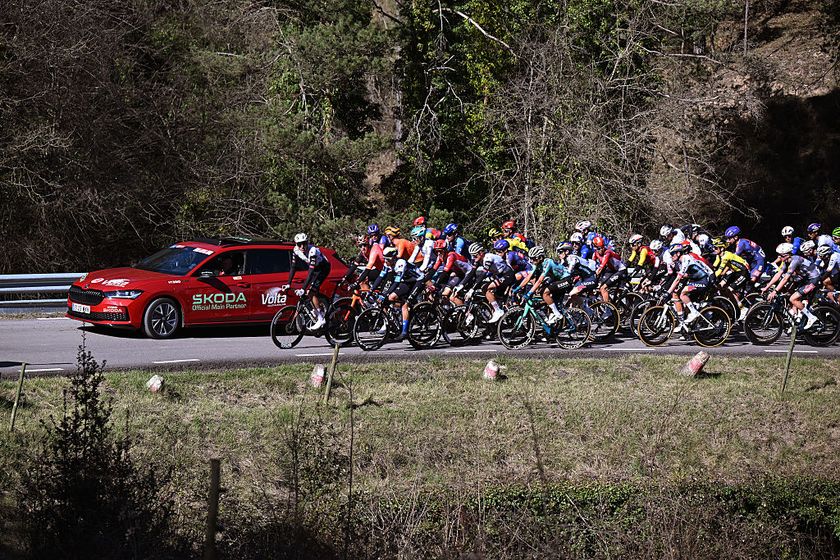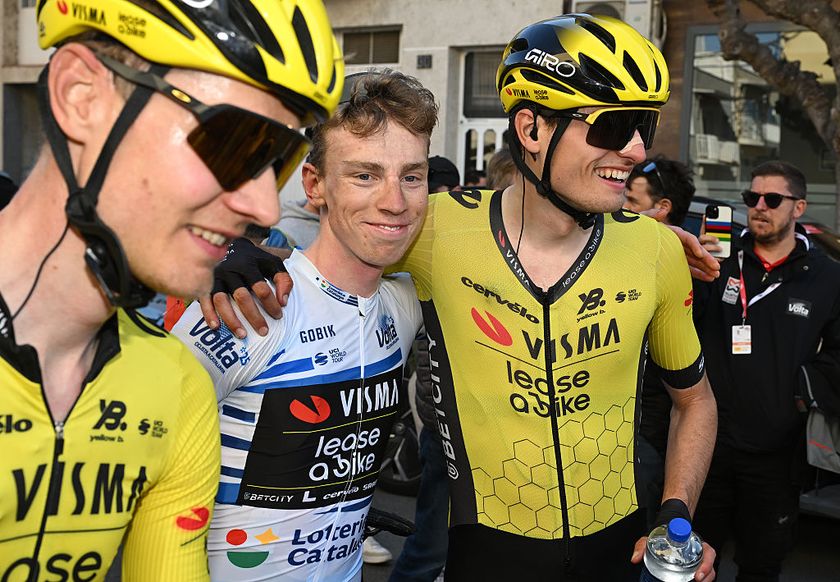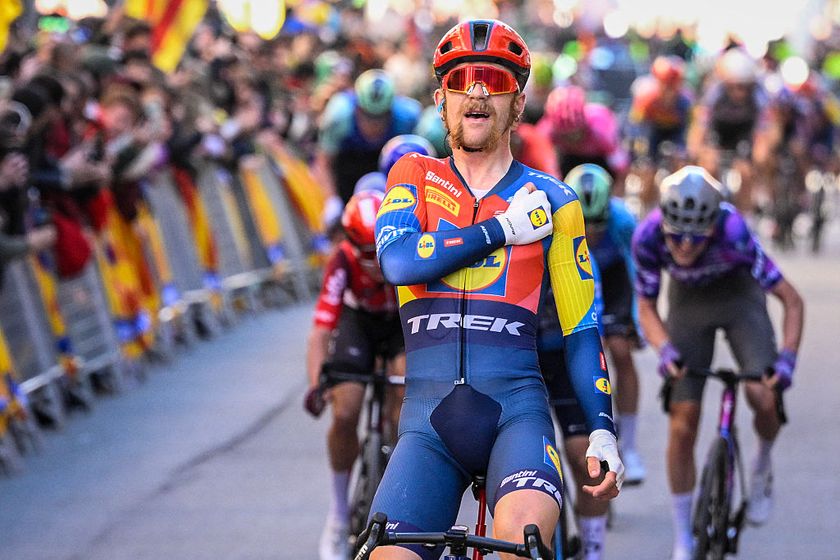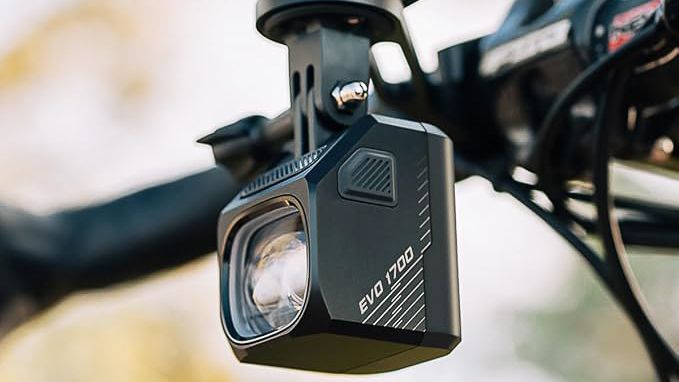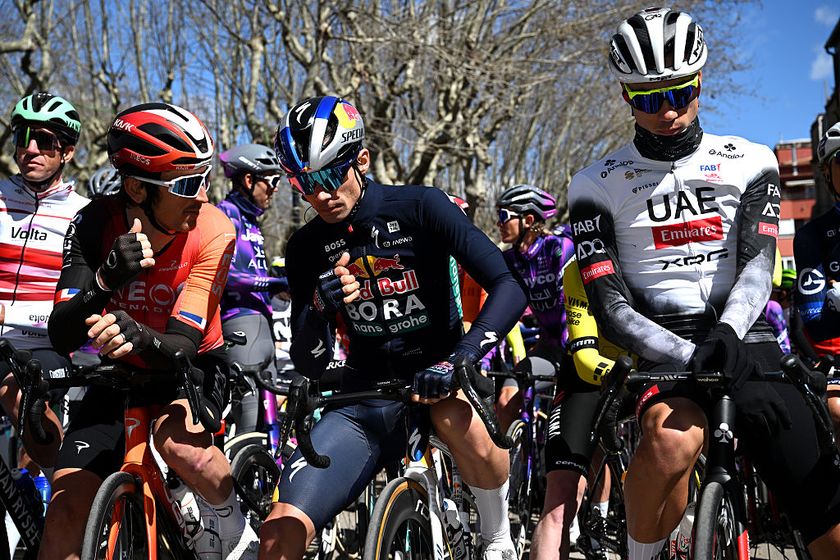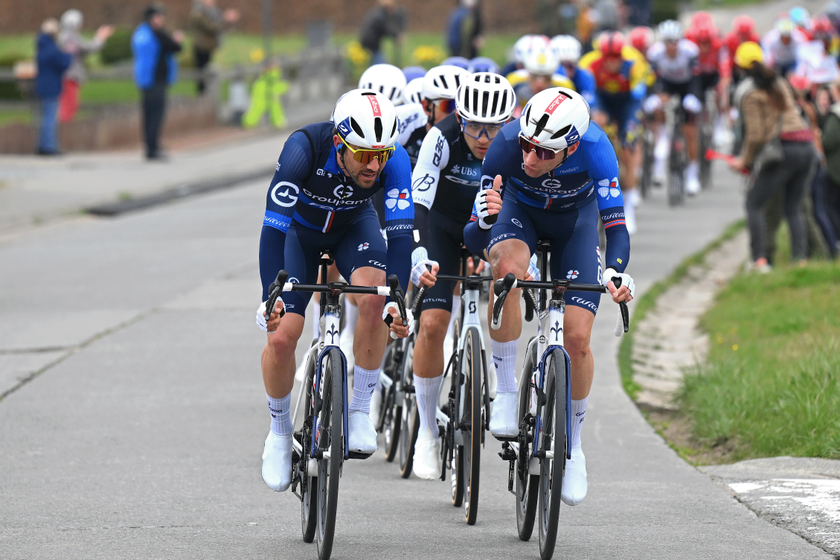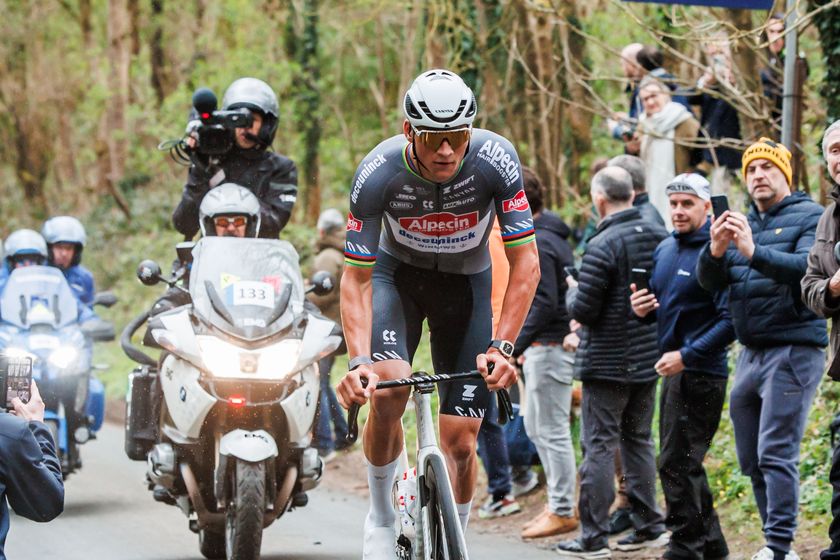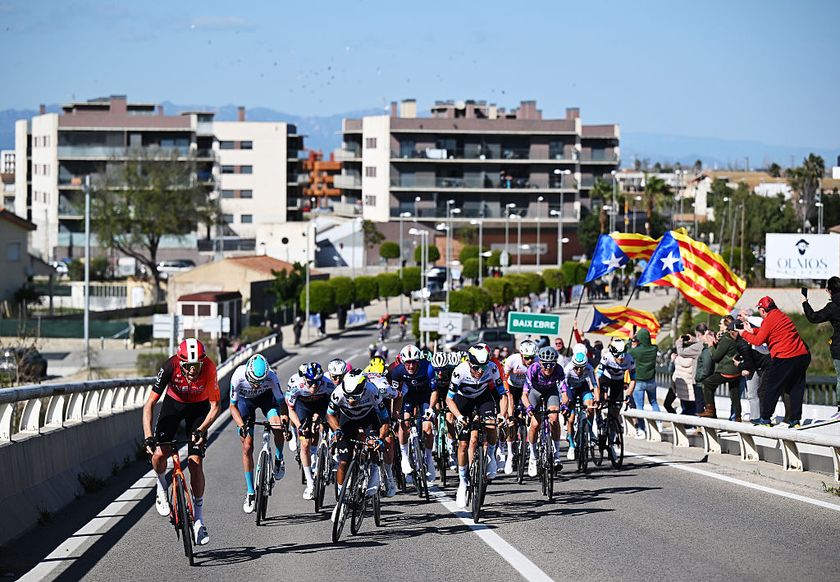Italian team manager cleared after 'pay to race' investigation
Reverberi, Citracca and Savio not guilty of forcing riders to pay for places in teams





The team manager of the Bardiani-CSF, Wilier-Southeast and Androni Giocattoli teams have all been cleared of accusations that they somehow forced riders to find sponsors and paid to race as professionals with their Professional Continental teams.
The Tribunale della Federciclismo Italia – the disciplinary tribunal of the Italian Cycling Federation, cleared Bruno Reverberi, Angelo Citracca and Gianni Savio despite the investigators from the Italian Olympic Committee asked they be banned for between one and two years. Rider Marco Coledan, who raced for Bardiani-CSF before moving to Trek-Segafredo in 2015, was also cleared of any wrongdoing after he initially denied paying to race.
The Italian Olympic Committee can appeal the sentence but faces an uphill task as the second level of judgement will also be held under the auspices of the Italian Cycling Federation. The full sentence and explanation why the three team managers were found not guilty will be published in the next few days.
The investigation dubbed 'pagi e corri' – 'pay and ride' – began after a detailed investigation by Italian journalist Marco Bonarrigo for the prestigious Corriere della Sera newspaper. By speaking to several riders and witnesses, Bonarrigo lifted the lid on the financial deals that are widely suspected of occurring in the lower levels of Italian cycling. Olympic gold medallist Elia Viviani was a key witness in the investigation, with six other riders reportedly confirming to investigators that they were forced to find their place in the professional peloton.
Bonarrigo claimed that some riders forced to give back part of their official salary via secret bank accounts and illegal agreements that left them unable to accept offers from bigger and better teams.
Widespread system
Reverberi, Citracca and Savio all denied obliging riders to pay to race with their teams and other illegal financial agreements. They suggested that riders often helped secure sponsorship but that they operated within the UCI rules. The UCI has never failed to award the teams in question Professional Continental licences.
Get The Leadout Newsletter
The latest race content, interviews, features, reviews and expert buying guides, direct to your inbox!
However several riders and their agents admitted that the system is widespread, with one agent, who wished to remain anonymous, admitting that most of the 15 riders he works with pay to race. The investigation focused on Italy. Similar illegal practices are suspected in other countries but are not believed to be as widespread.
"Most of my riders pay, between 25,000 and 50,000 Euro," the anonymous agent told Corriere della Sera. "Teams registered in Italy ask for more because they have to pay higher pension contributions, those in the Ukraine or Croatia much less. Sometimes the riders' parents or relatives pay because they want a professional rider in their family. Sometimes a 'friendly' company pays and if the sum is high enough can even secure a place on the team jersey."
Some Italian riders are apparently so desperate to turn professional after years of riding as an amateur that they are ready to accept virtually any kind of contract. However, this favours riders who can, or are willing, to pay, and weakens the quality of the Italian peloton, while other riders quit the sport or try their hand with teams in other countries.
Former Tuscan amateur rider Matteo Mammini told Corriere della Sera that he was asked to pay 50,000 Euro to turn professional. He asked the bank for a loan but preferred to use the money to open a bar. Mammini was one of the best Italian riders in 2012, finishing fourth at the European under 23 championships and sixth in the world championships.

Stephen is one of the most experienced member of the Cyclingnews team, having reported on professional cycling since 1994. He has been Head of News at Cyclingnews since 2022, before which he held the position of European editor since 2012 and previously worked for Reuters, Shift Active Media, and CyclingWeekly, among other publications.
